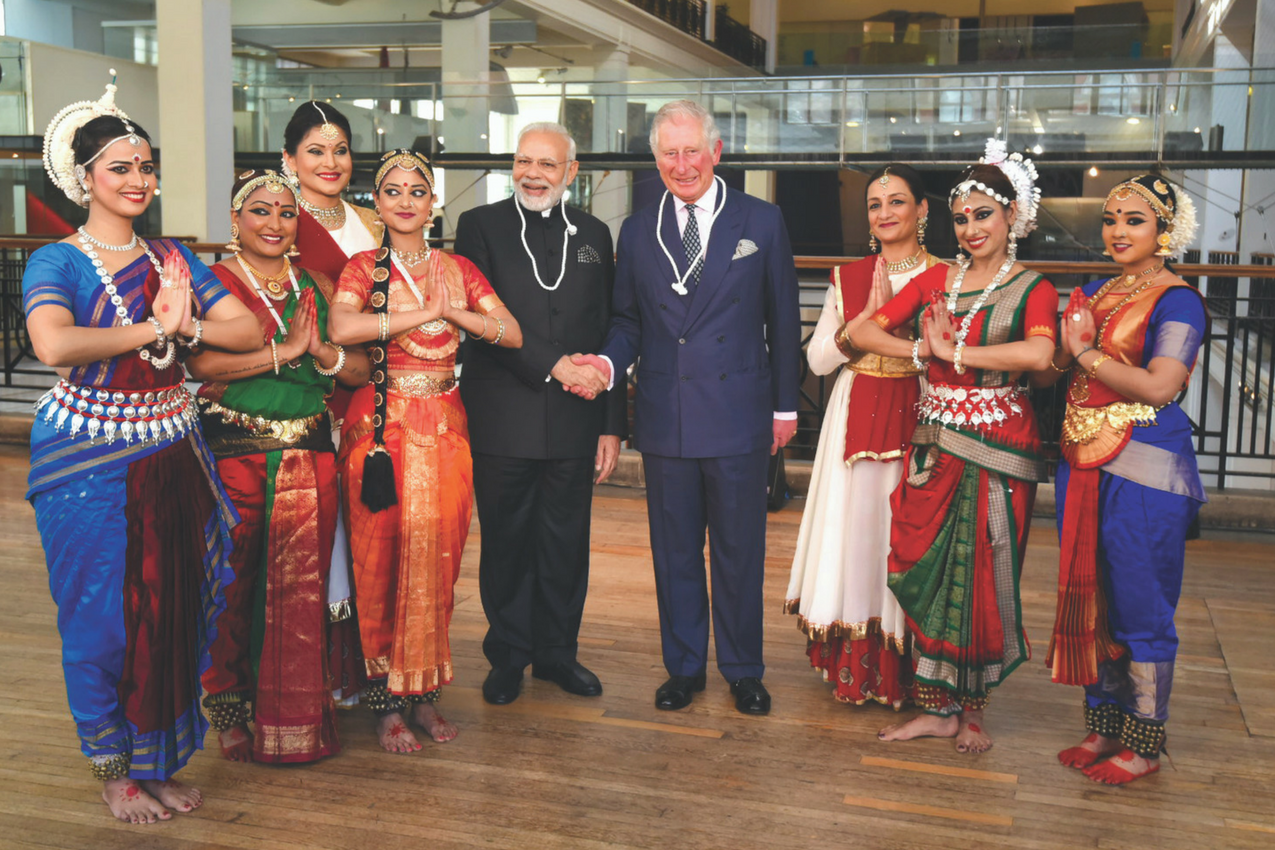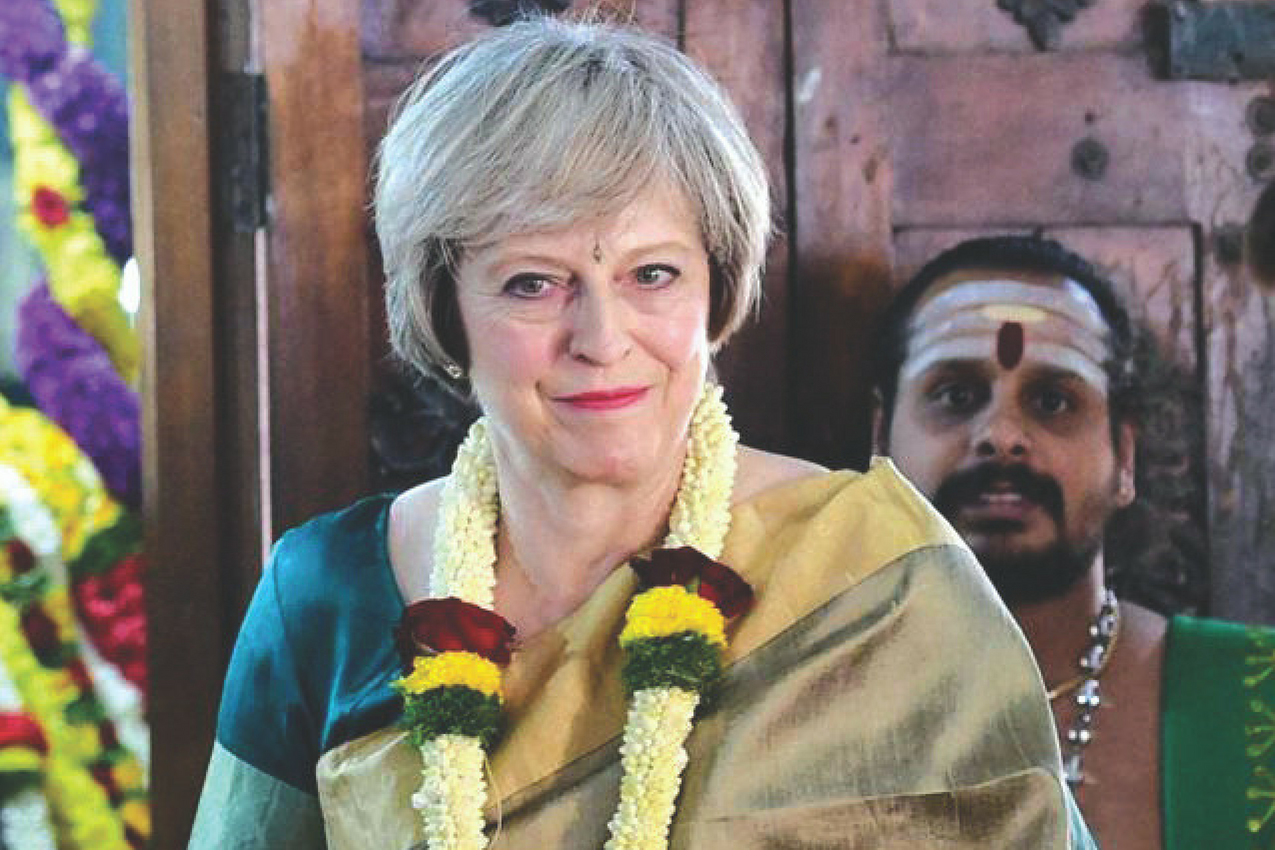This article was published in D&B’s special edition: United Kingdom-India (A 21st Century Partnership)
The relationship between India and the UK has been solely defined through the lens of ‘colonial raj’ by most historians and authors. But on observing their relationship post 1947, one can see that it has evolved with time and diversified. Over the last 300 years, the relationship between the two countries has moved from being one of hostility during the colonial period, to bloodshed during partition, to one of ideological conflict during the national re-construction period, to the present LPG days (Liberalization, Privatization, Globalization), where there seems to be a much more cordiality as India feels it has come to terms with its past.
India and UK are bound together through history and shared values of democracy, rule of law and pluralism; they share a strong and multi-faceted partnership with deep cooperation across various fields including economics, business, science, and culture. History of both the countries is entwined in ways that are still being discovered.
Apart from the colonial history, Indian Diaspora has played a vital role in the diffusion of the two cultures, contributing immensely to UK’s society. Out of Britain’s population of 61.8 million, 1.5-2 million are estimated to be of Indian origin, accounting for the single largest segment of ethnic population. Over the years, UK-based Indians have performed extremely well in various fields. Majority of their second generation has opted for higher education and are in white-collar professions such as doctors, engineers, solicitors, and chartered accountants. Indian Diaspora also has a remarkable presence in UK’s politics. The present Parliament has 12 Indian origin MPs.
The Nehru Center, established in London in 1992, is an attempt at cultural outreach by the High Commission of India, London. The Center organizes a wide range of cultural functions at its premises. PRAVAH (a Delhi-based NGO), in collaboration with the British Council and VSO (Voluntary Service Overseas), has been working on an international exchange program between India and the UK. Programs like this give a boost to the cultural relationship between two counties. They provide a chance to the next generation to experience a whole different face of the ties between India and the UK. The gain is very significant— especially because they get an opportunity to connect with each other deeply as individuals. Programs like this provide cross-border experiences at various levels— young people are able to cross boundaries of religion, gender, and region, and, of course, nationalities.
In 2015, Indian PM Narendra Modi and the then British PM David Cameron, in a joint statement, announced a bilateral initiative to mark the deep cultural ties between both the nations and a celebration of the 70th anniversary of India’s independence. The commitment was recapitulated during British PM Theresa May’s visit to India in November 2016.
In 2017, India and UK celebrated a bilateral year of cultural exchange. The year saw various phenomenal programs, cultural events, and activities in India organized by the British Council and a similar celebration in the UK organized by the Government of India. A grand reception hosted by Her Majesty Queen Elizabeth II of England at Buckingham Palace marked the official start of the cultural year.
India has completed 70 years as a democratic republic, standing tall on values of inclusiveness, unity in diversity, and moving forward on the path of development and progress. It has seen the steady formation of a jazzy, multifaceted, cultural matrix created by a formidable legacy and a new contemporary identity.
(With inputs from the British Council and Ministry of External Affairs)










